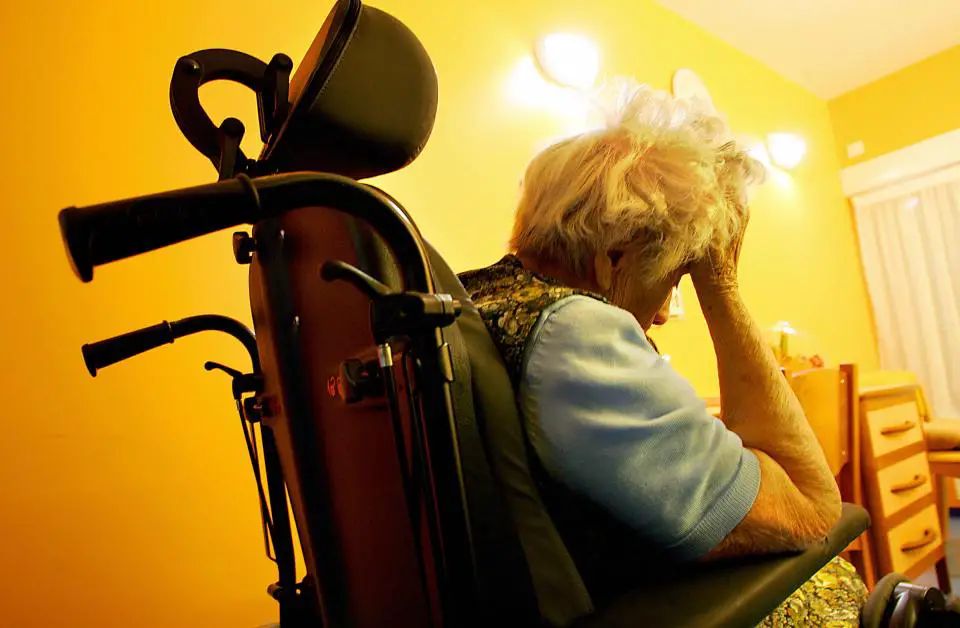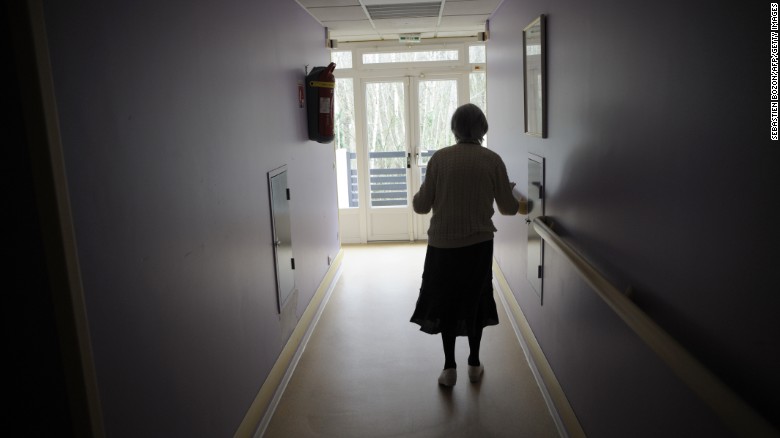Preventing Alzheimer’s
It might be pretty early, but it’s definitely worth it.
By Rachael Seamands Indiana University-Purdue University Indianapolis
In November 2016, CBS News released a “60 Minutes” episode on early-onset Alzheimer’s.
The story focused on a family living in Antioquia, a state in Columbia known to be home to the largest concentration in the world of people carrying a certain genetic mutation.
Carriers of the mutation live with a one hundred-percent guarantee of suffering from Alzheimer’s disease at some point in their life. The family featured on “60 Minutes” had recently lost their patriarch to the disease. As the illness passes genetically, the numerous blood-related members of their family tree live with the risk of having inherited the mutation.
The family members explain to the interviewer Lesley Stahl that none of them are aware of who has the mutation, and who does not. This is a decision made by their family doctor, Dr. Lopera. It is the policy of Dr. Lopera and their medical team to keep the family in the dark regarding who does and does not carry the mutation. This decision comes from the knowledge that even if the mutation is discovered at an early age, nothing can be done to help.
The facts surrounding this case are tragic and sound like something out of a book or a movie; Gabriel Garcia Marquez’s “One Hundred Years of Solitude” comes to mind. However, Alzheimer’s affects real people, and more than you might think. In 2016 alone, over five-and-a-half million Americans suffered from the disease.

Alzheimer’s disease, in layman’s terms, consists of severe memory loss and the lessening of other intellectual abilities to the point of interference with the functions of everyday life. Many people believe Alzheimer’s, or memory loss, to be a natural and eventual part of aging. However, the Alzheimer’s Association’s web page tells readers otherwise. Increasing age presents more of a risk factor than a guarantee of memory deterioration. Currently, a cure for Alzheimer’s does not exist, but experts and researchers continue their efforts to discover one.
While the lack of a cure for Alzheimer’s disease presents real concern, there are studies suggesting certain lifestyle changes may reduce your odds of getting the disease.
Physical activity is one such preventative measure. When it comes to health, keeping your body moving and in shape is always a good idea. Implementing a healthy diet is another recommendation. Choosing foods with lower fat and sugar content can help to put off the onset of heart disease, diabetes and other known links to Alzheimer’s disease. Specifically, several routes concerning food intake can prove to better the functions of the brain.
Fruits and vegetables showed positive results in a population-based study of older Japanese-Americans concerning incidence of Alzheimer’s over a seven to nine-year follow up. Specifically, berries contain a class of compounds called anthocyanosides that fight memory loss along with other life-threatening impairments.
Another prevention method sure to excite the red wine lovers of the world consists of drinking one glass of red wine or grape juice with each evening meal. The grape skins contained in the drinks help to protect brain cells from stresses and other harms. Healthy diet choices, along with physical exercise, can and should be made in order to avoid contracting diseases that come with age and a weakening of the body.
When it comes to off-setting memory loss, other preventative measures can be beneficial. Notably, staying mentally active tops the list. Brain games, like crossword puzzles or word searches, keep the brain working and require deeper levels of thought that otherwise may not be utilized on a daily basis.

Enrolling in courses at a local adult education center or community college can also help to keep your brain working and retaining new information. Constant learning requires the mind to bend and stretch, resulting in more activity for the brain cells. Countless online games and puzzles can be reached from home in seconds and present excellent opportunities for problem-solving that require an in-depth thought process.
Experts also suggest attending lectures by respected authors or public speakers in order to continue the process of learning. A lecture on a subject that is of particular interest to you is ideal. Reading and writing about the same subjects or others of interest can also be added to the list of preventative measures.
The common ground between the suggested brain games and continuations of learning can be found in the concept of mental gymnastics. Not only do experts in the field of Alzheimer’s research suggest participating in these types of exercises, but they also suggest starting as early as possible. While risk of Alzheimer’s does increase with age and the deterioration of the mind, cases can arise wherein a younger person can still contract the disease.
For many college students, graduation means taking a break from constant learning, retaining and utilizing of new information. The end of college suggests an opportunity for hiatus, even if it is punctuated by the need to get a job in your field. While many jobs can require a level of mental gymnastics worthy of keeping the brain active, it’s still important to participate in intellectual stimulation outside of the workplace.










